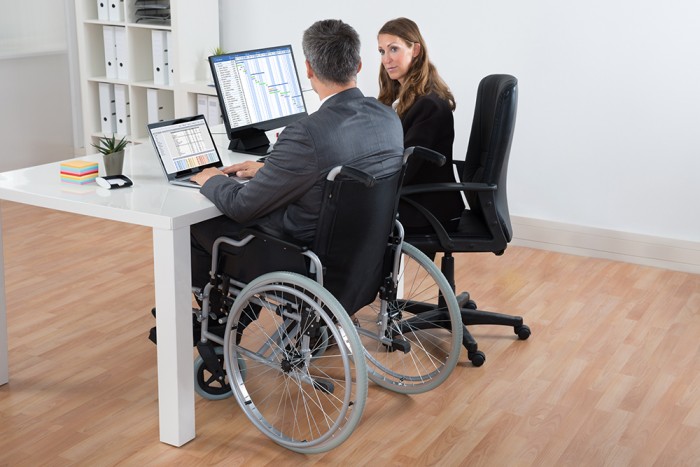The While House issued a press release announcing that the Access Final Rule will be released later today. These regulations include:
- The Nursing Home Minimum Staffing Rule, which will require all nursing homes that receive federal funding through Medicare and Medicaid to have 3.48 hours per resident per day of total staffing, including a defined number from both registered nurses (0.55 hours per resident per day) and nurse aides (2.45 per resident per day);
- Introducing the requirements of the rule in phases to make sure nursing homes have the time they need to hire staff, with longer timeframes for rural communities;
- Ensuring adequate compensation for home care workers for HCBS operations of in-home care (both Personal Assistance Services and Community Habilitation) by “requiring that at least 80 percent of Medicaid payments for home care services go to workers’ wages. This policy would also allow states to take into account the unique experiences that small home care providers and providers in rural areas face while ensuring their employees receive their fair share of Medicaid payments and continued training as well as the delivery of quality care;”
- The state requirement to be more transparent in how much they pay for home care services and how they set those rates, increasing the accountability for home care providers; and
- The creation of a state home care rate-setting advisory group made up of beneficiaries, home care workers, and other key stakeholders to advise and consult on provider payment rates and direct compensation for direct care workers.
We will continue to monitor the details of these regulations and Pennsylvania’s plans to comply. If you have any questions, please contact Fady Sahhar.


















